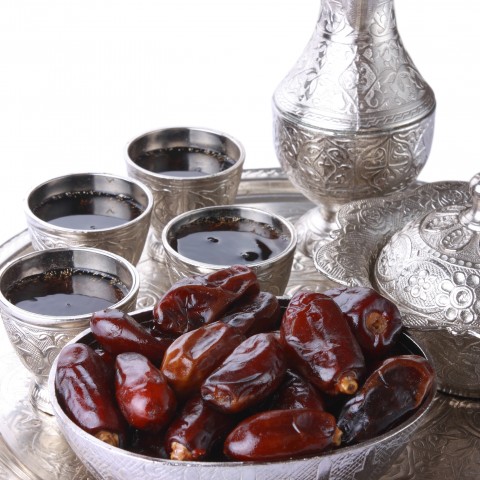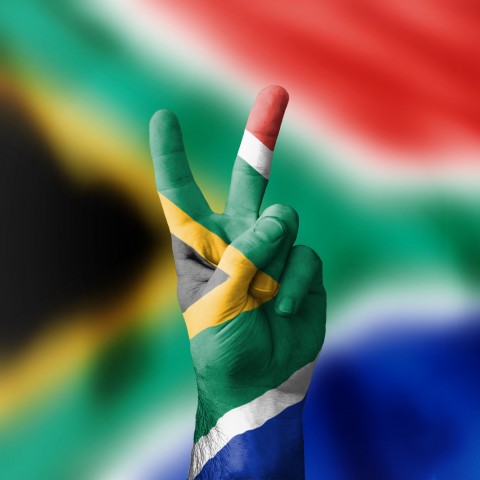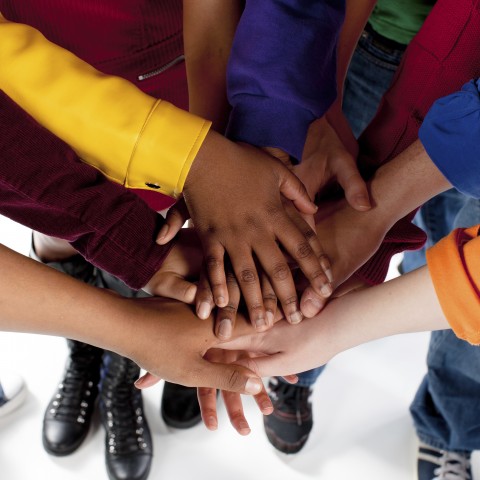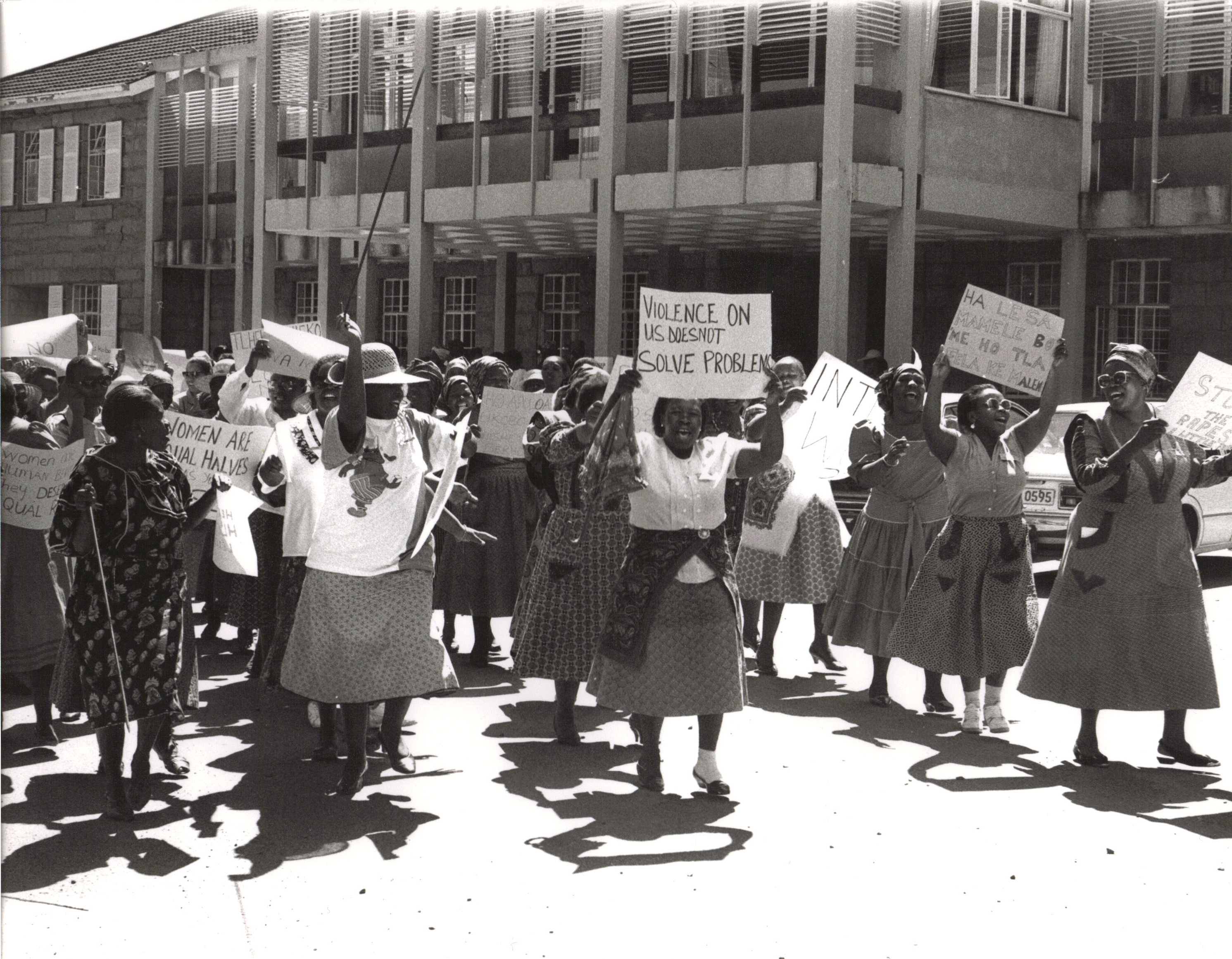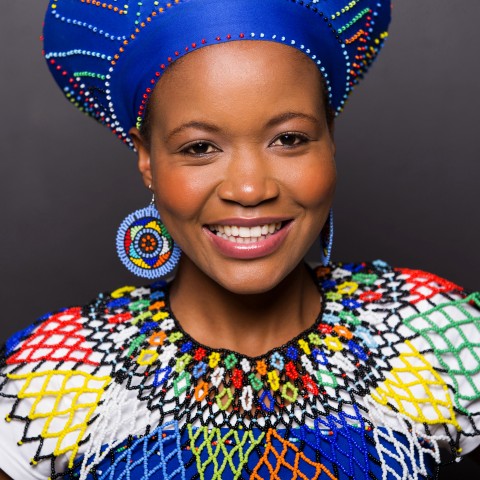It’s obvious that knowing how to read the calendar in another culture’s language is very important, especially if you’re planning to work in that country. Showing up on the wrong day for an interview because you didn’t know that Dinsdag meant “Tuesday” could cost you a lot! At AfrikaansPod101, we teach you the Afrikaans months of the year, as well as the days of the week and much more, to ensure this never happens!
Read on for simple vocabulary, and learn how to say “week,” “month,” and “date,” in Afrikaans. And afterwards, we’ll also be taking a look at important dates pertaining to South African holidays.
Table of Contents
- Background – The Gregorian Calendar
- The Calendar Months of the Year in Afrikaans
- The Calendar Days of the Week in Afrikaans
- Vocabulary Related to Dates
- Important Days on the South African Calendar
- How Can AfrikaansPod101 Help You Learn Dates and Much More?
1. Background – The Gregorian Calendar
Like most countries in the world, South Africa follows the Gregorian calendar. As explained by Wikipedia, this calendar was named after Pope Gregory XIII, who introduced it in October, 1582. Based on the earth’s revolutions around the sun, the average year is 365 days long. However, because the sun doesn’t orbit earth in exactly that many days, a 365.2422-day tropical year is approximated, which occurs every four years. This is called a “leap year.”
In simpler terms, this means that the Gregorian calendar groups approximately 365 days into twelve months per year, each with thirty or thirty-one days, except for February. The month of February has only twenty-eight days most years, because in every fourth one (the aforementioned leap year), February is twenty-nine days long. Imagine being born on the 29th of February. Would this mean you’d age slower than other people? Wouldn’t that be awesome!
Silly joke, before we proceed: What do calendars eat?
Dates!
Do you have any funny jokes that have to do with calendars and dates? Share with us in the comments!
2. The Calendar Months of the Year in Afrikaans
The names of months in Afrikaans sound pretty similar to their English counterparts. For instance, January in Afrikaans is Januarie. Since Afrikaans is a phonetic language, meaning that we pronounce words the way they’re written, you should be able to easily derive what words mean if you understand some of the basic phonetics of the language.
As you’ll see, there’s very little difference in spelling between English and Afrikaans months. This should make how to say dates in Afrikaans a piece of cake!
| English | Afrikaans |
|---|---|
| January | Januarie |
| February | Februarie |
| March | Maart |
| April | April |
| May | Mei |
| June | Junie |
| July | Julie |
| August | Augustus |
| September | September |
| October | Oktober |
| November | November |
| December | Desember |
3. The Calendar Days of the Week in Afrikaans
The days of the week are a somewhat different story, but it’s still not that difficult to memorize.
| English | Afrikaans |
|---|---|
| Monday | Maandag |
| Tuesday | Dinsdag |
| Wednesday | Woensdag |
| Thursday | Donderdag |
| Friday | Vrydag |
| Saturday | Saterdag |
| Sunday | Sondag |
Dates are indicated with numbers, so therefore, it’s best to familiarize yourself with the Afrikaans numeric system first.
Learn more about the system here, in this blogpost, and practice pronouncing Afrikaans numbers with this Beginner Vocabulary List on AfrikaansPod101.
The way dates are used in Afrikaans is pretty easy, like in English. It’s based on the U.K. system of dates, which means the numeral precedes the name of the day, such as in:
1 Januarie
or
30 Desember
The same goes if you prefer to use the rank term of the day, such as in:
Afrikaans: Ons vakansie begin die eerste Januarie.
Translation: “Our holiday starts on the first of January.”
or
Afrikaans: Sy verjaarsdag val op Vrydag, die twee-en-twintigste November.
Translation: “His birthday falls on Friday, the twenty-second of November.”
4. Vocabulary Related to Dates
Here’s some Afrikaans vocabulary to explain the calendar. These words are used the same way as their English counterparts, and will make saying dates in Afrikaans so much easier for you.
1- “Day” / Dag
A: “Vir watter dag beplan jy die vlug?”
Translation: “For which day are you planning the flight?”
2- “Date” / Datum
B: “Wil jy die dag of die datum weet?”
Translation: “Would you like to know the day or the date?”
3- “Month” / Maand
A: “Die dag en die maand, asseblief.”
Translation: “The day and the month, please.”
B: “Ek gaan die vlug bespreek vir Sondag, die agt-en-twintigste Julie.”
Translation: “I’m going to book the flight for Sunday, the twenty-eighth of July.”
4- “Week” / Week
A: “Dis goed, die laaste week van Julie pas my.”
Translation: “That’s good, the last week of July suits me.”
5- “Weekend” / Naweek
B: “Ek is bly jy is tevrede. Daardie naweek vlug na Skotland behoort nie te vol te wees nie.”
Translation: “I’m happy it suits you. That weekend flight to Scotland shouldn’t be too full.”
5. Important Days on the South African Calendar
Like other countries, South Africa has special days during which events of national significance are celebrated. Knowing the date in Afrikaans for each of these holidays is sure to win the hearts of the South Africans in your life!
The most important national holidays are the following:
1- March 21 – Human Rights Day / Menseregte Dag
Human rights as such is self-explanatory in terms of importance for any modern society, but in South Africa, human rights have special significance. The country has a sad history of gross human-right crimes, spanning over many centuries, and affecting the lives of all the people of South Africa.
Strife and war in South Africa, which were borne from people’s desire to be treated with equality and dignity, reached a critical point during the sixties. In Sharpeville, a small settlement close to Vereeniging, Gauteng, an infamous massacre took place on March 21, 1960. The protesters had gathered to petition against an old South African law, the so-called Pass Law, which was grossly unfair and derogatory toward South Africans of color. Members of the South African police force fired bullets to disperse a peaceful protest crowd, and on that sad day, sixty-nine people died and 180 were wounded.
The event became symbolic of the South African battle for true democracy and people’s human rights, which are rooted in the simple fact of their humanity. This battle took many decades, and the country is all but free from its turbulent past. Yet currently, the South African Constitution is of the most progressive in the world, and it includes indivisible human rights in its Bill of Rights, Chapter 2. The twenty-first of March is the day on which South Africans commemorate their hard-won rights as free and equal citizens.
2- April 27 – Freedom Day / Vryheidsdag
For the largest part of its history, the majority of people in South Africa could not vote democratically, and thus had no say in how to run the country. This all changed on the 27th of April, 1994, when the first-ever democratic vote was held.
Back then, the day was characterized with much joy and jubilation as the first-ever democratic referendum. It was symbolic of freedom for millions of South Africans. This is commemorated every year as Freedom Day.
3- June 16 -Youth Day / Jeugdag
This is another day of commemoration with a devastating history. In 1976, the repressive previous regime announced that Afrikaans would be added to English as one of the two main languages of education. (Many saw Afrikaans and English as the languages of the oppressor for decades.) This sparked an uprising by the youth in Soweto, a settlement just out of Johannesburg, Gauteng.
The students not only protested against the unfairness of getting taught in a language other than their native tongue, they also fought against the repressive and unfair schooling system. Schools were racially segregated, which was the crux of the uprising, as it added to the view that some citizens were less human and worthy than others in South Africa. Approximately 20,000 students took part in the protests in the streets of Soweto on that day.
Yet again, the South African police used blunt-force brutality against unarmed citizens, and it’s estimated that up to 700 civilians died that day.
Today, their sacrifice is commemorated as Youth Day.
4- August 9 – National Women’s Day / Nasionale Vrouedag
The protests against unfair laws didn’t start in the sixties—these had been going on for many years. On August 9, 1956, tens of thousands of South African women of all races marched to the Union Buildings in Pretoria, which is the official seat of the South African government. They petitioned against the previously mentioned Pass Act, which, as explained by Wikipedia, required South Africans who were classified as “black” under The Population Registration Act, to carry an internal passport (commonly called a “pass” by people). This pass served to maintain population segregation, to control urbanization, and to manage migrant labor during the apartheid era.
After leaving approximately 14,000 petitions on the steps of the Union Buildings for then-President J.G. Strijdom, they sang a protest song which has since been turned into a national incantation: Wathint’Abafazi Wathint’ imbokodo! Literally, it translates as: “Now that you have touched the women, you have struck a rock,” or, as is more commonly used these days: “You strike a woman, you strike a rock.”
This protest was peaceful, fortunately, and to this day, it’s commemorated to draw attention to significant societal problems South African women still face. Many men have joined their ranks to continue addressing issues such as domestic violence, sexual harassment, discrimination in the workplace, unequal education, and so forth.
5- September 24 – Heritage Day / Erfenisdag
In 1996, the South African Department of Arts, Culture, Science, and Technology, released a statement that declared the 24th of September a public holiday on which all South Africans’ cultural heritage is celebrated. They defined heritage as such: “That which we inherit: the sum total of wildlife and scenic parks, sites of scientific or historical importance, national monuments, historic buildings, works of art, literature and music, oral traditions and museum collections together with their documentation.”
They furthermore expressed the notion that Heritage Day’s commemorative events each year are a powerful agent for promulgating a South African identity, fostering reconciliation, and promoting the idea that variety is a national asset, as opposed to igniting conflict.
So, Heritage Day is also about reconciliation and building a new identity together.
6- December 16 – Reconciliation Day / Herenigingsdag
This used to be a commemorative holiday based on an event in the history of the Boers—Caucasian immigrants who entered the country for the first time in the 1600s. The event was an epic battle between the Boere soldiers and a Zulu tribe in Kwazulu Natal. According to Boere lore, those soldiers vowed to God to commemorate the day if they won the battle, which they did. The Stryd van Bloedrivier (Battle of Blood River) was said to have taken place in the late 1800s.
However, against the backdrop of the enormous social injustice that followed over the next century, it was impossible to keep this holiday commemoration as is in the new, democratic South Africa. Therefore, in the spirit of reconciling painful histories and working together rather than fighting, Reconciliation Day was born.
What are the important national holidays in your country? Share with us in the comments!
6. How Can AfrikaansPod101 Help You Learn Dates and Much More?
We hope you enjoyed this lesson about how to say dates in Afrikaans, and that you gained some valuable insight about Afrikaans culture through our section on special dates.
AfrikaansPod101 brings you culturally significant language-learning, teaching you about the most important commemorative holidays in Afrikaans. We provide the following lessons and materials, and so much more:
a) Vocabulary for South African National Holidays
b) Recordings about Human Rights Day as part of our Advanced Lessons presented in Afrikaans. Similar ones are available for all other important holidays.
c) Tips on how to spend your South African holidays.
d) Access to other free tools, such as this Afrikaans Key Phrase list, the 100 Most Common Afrikaans words, and nearly inexhaustible Vocabulary Lists.
Whether you’re interested in learning more about South African history, or planning to visit or work in the country, knowing your dates and months in Afrikaans will only help you. At AfrikaansPod101, we make sure that you understand the vocabulary related to these holidays, and speak like a native would!




